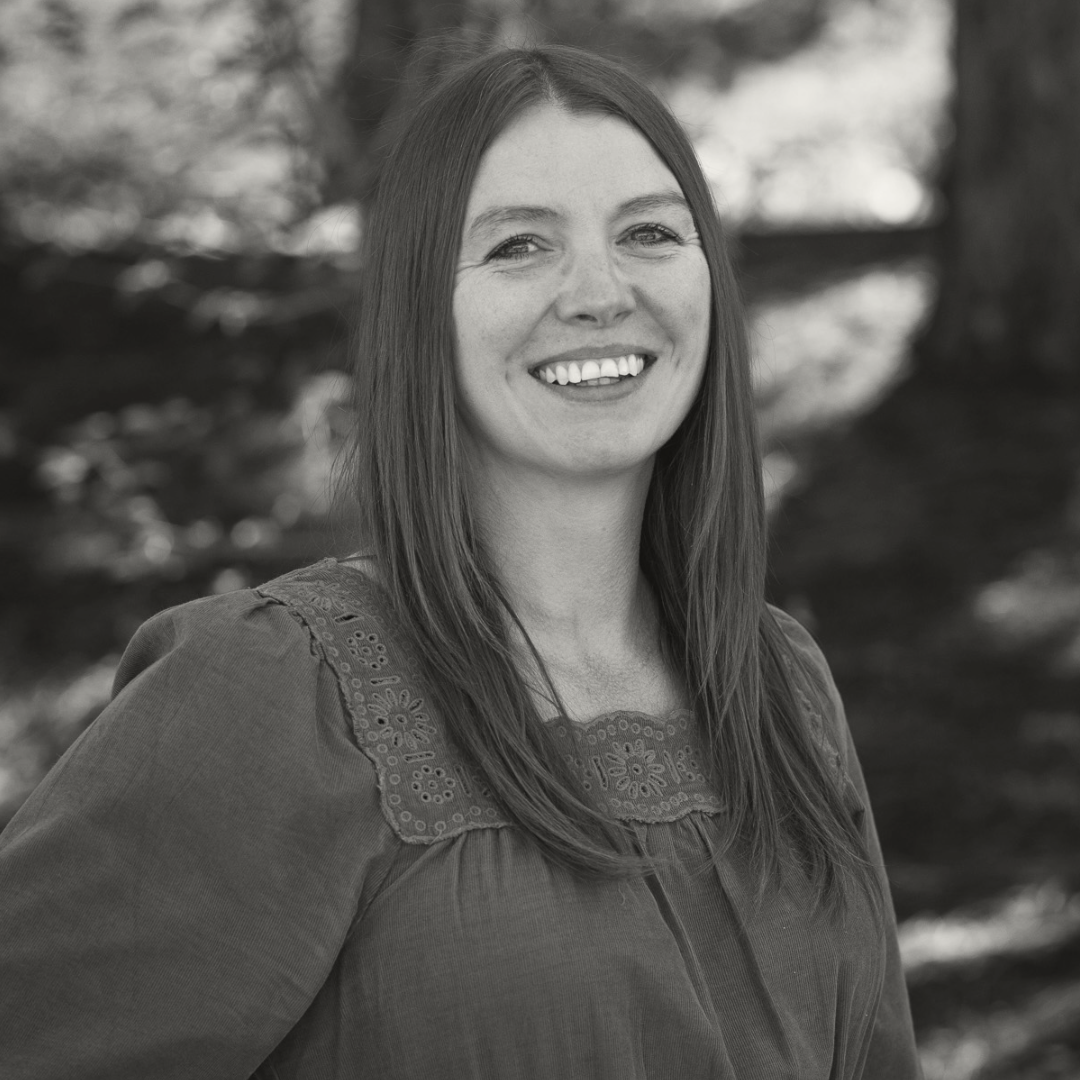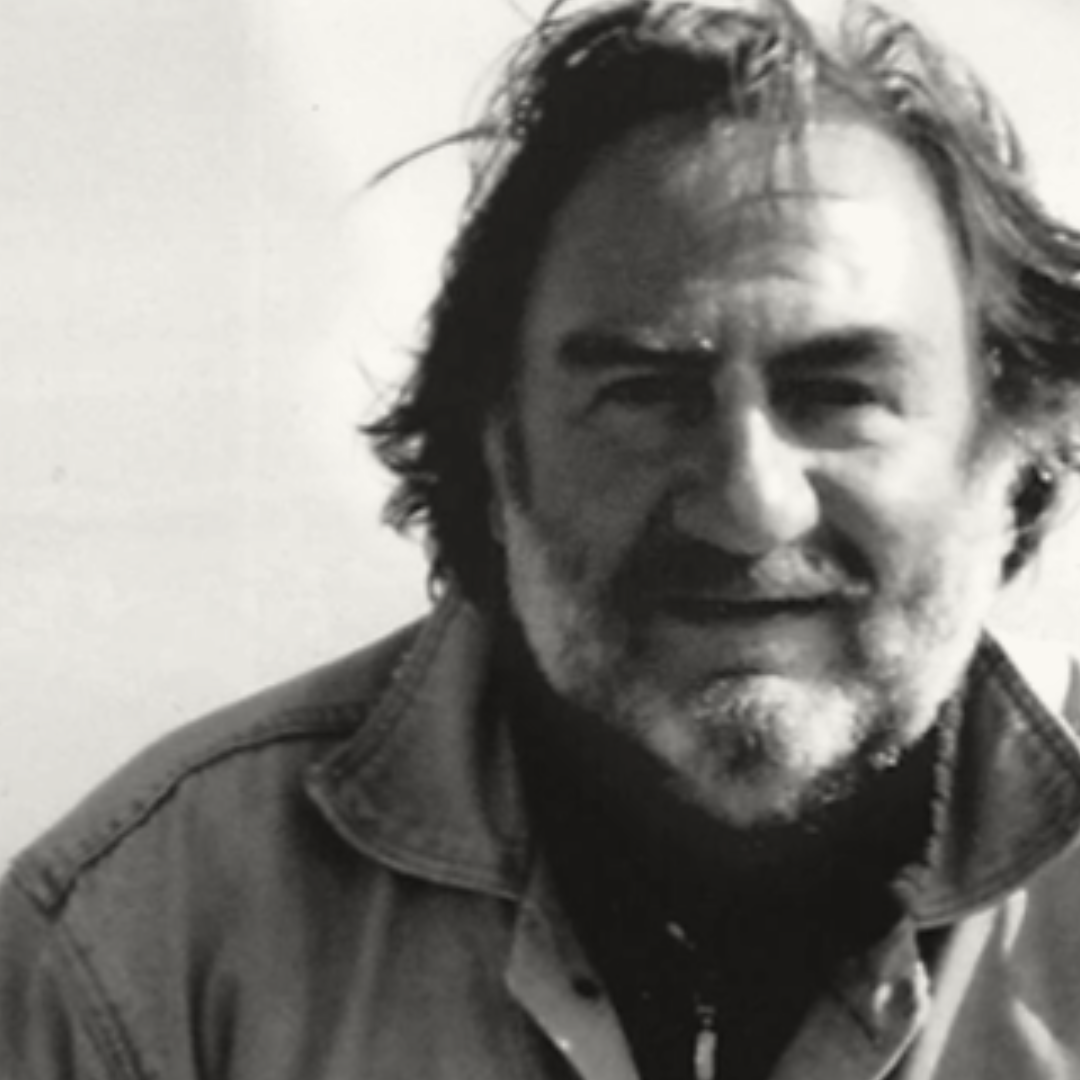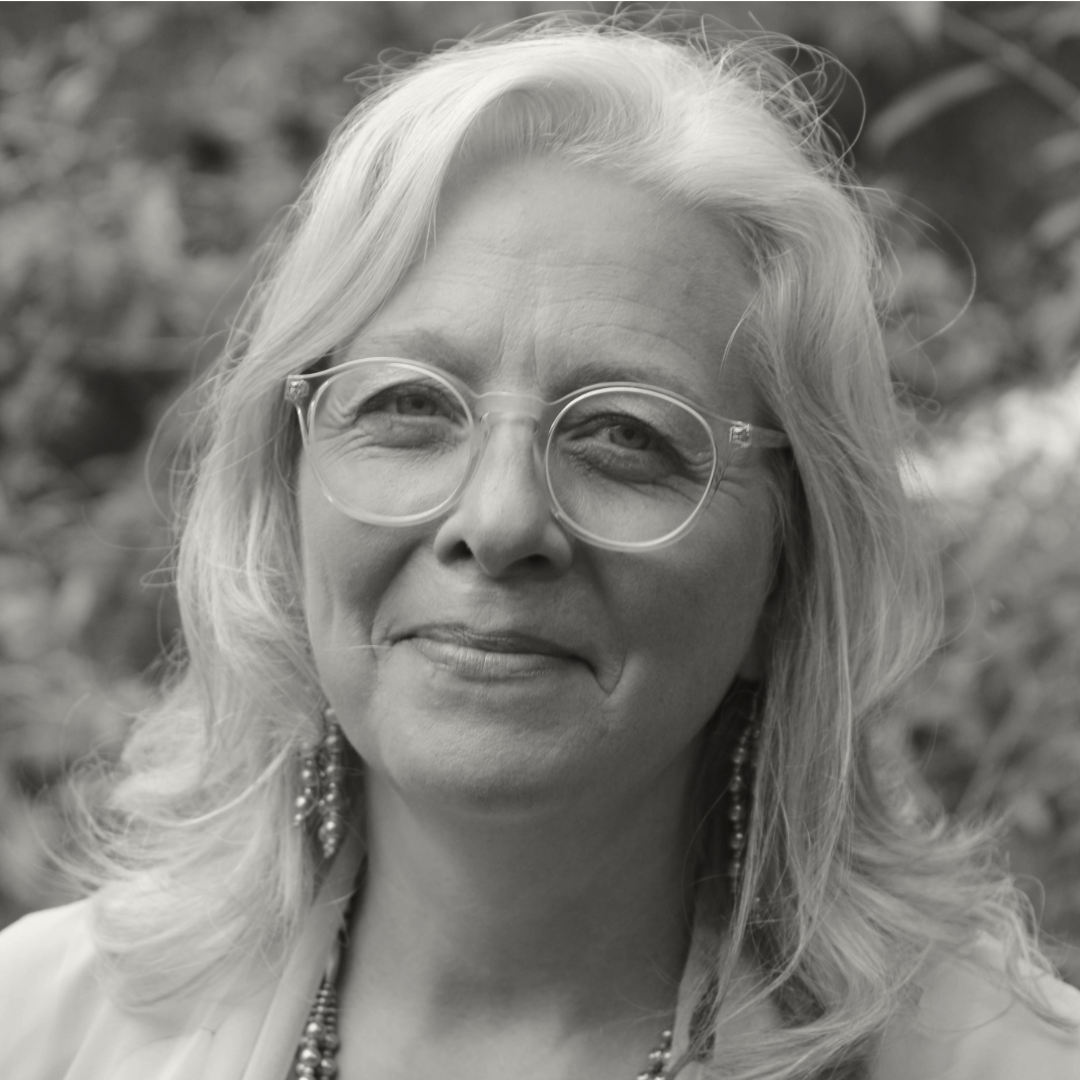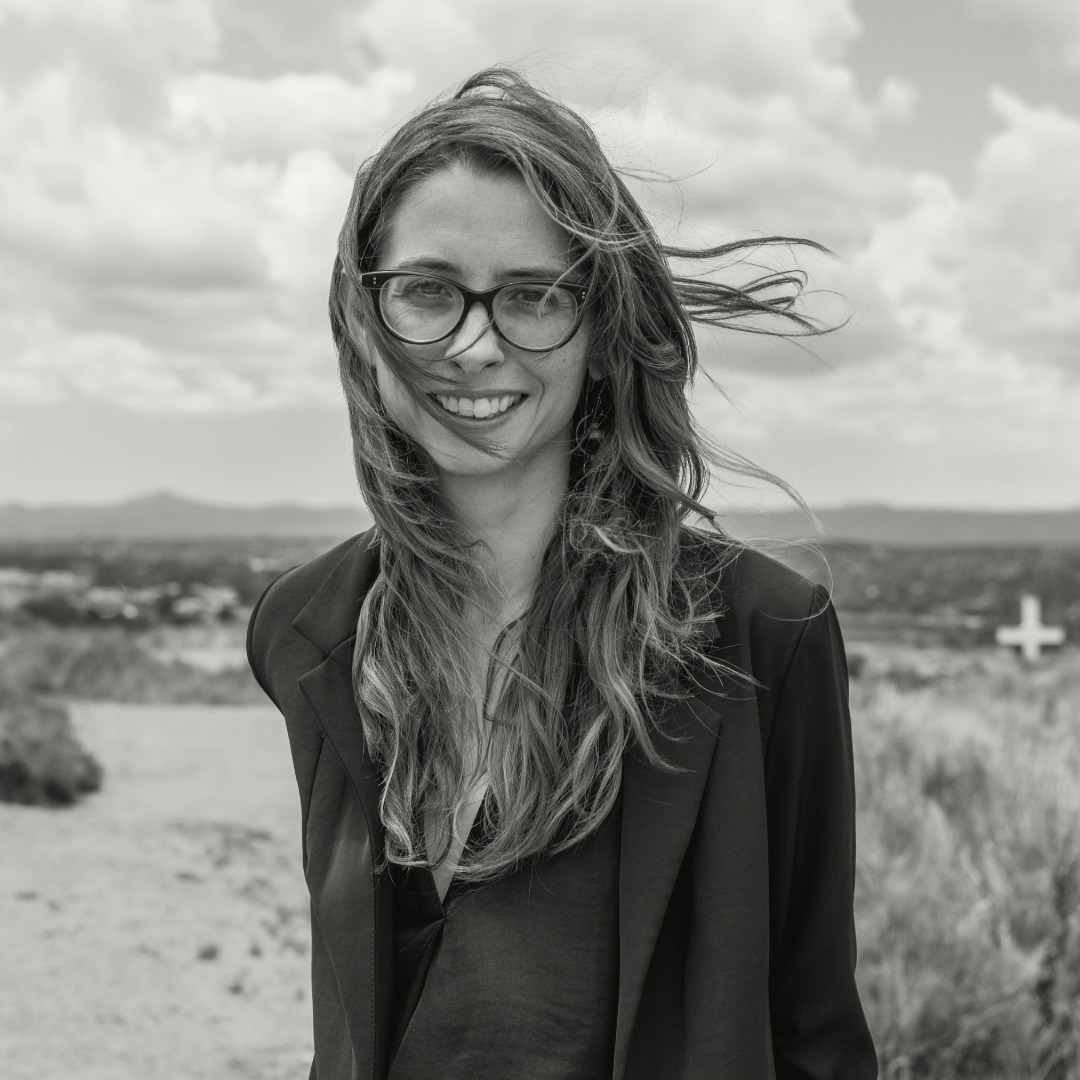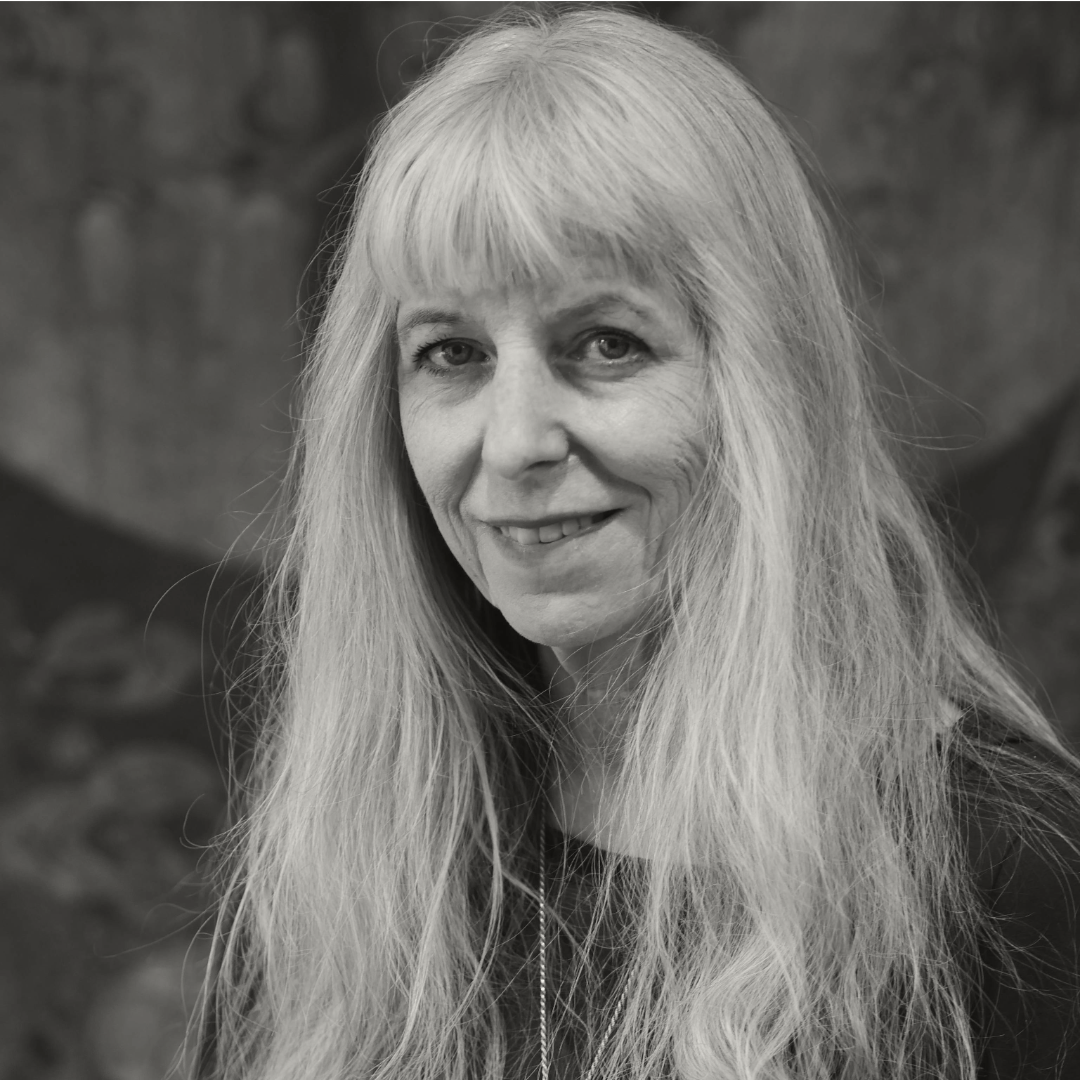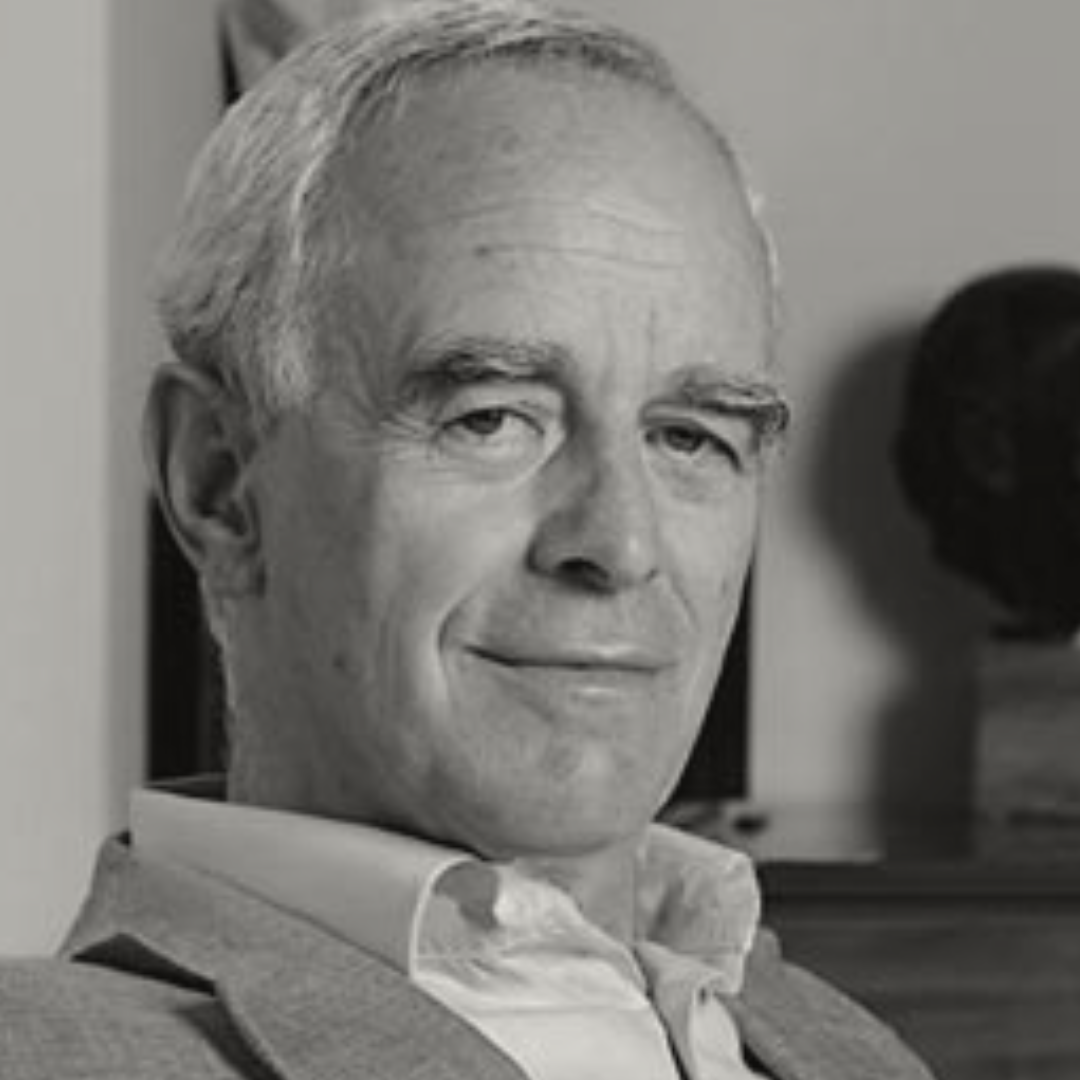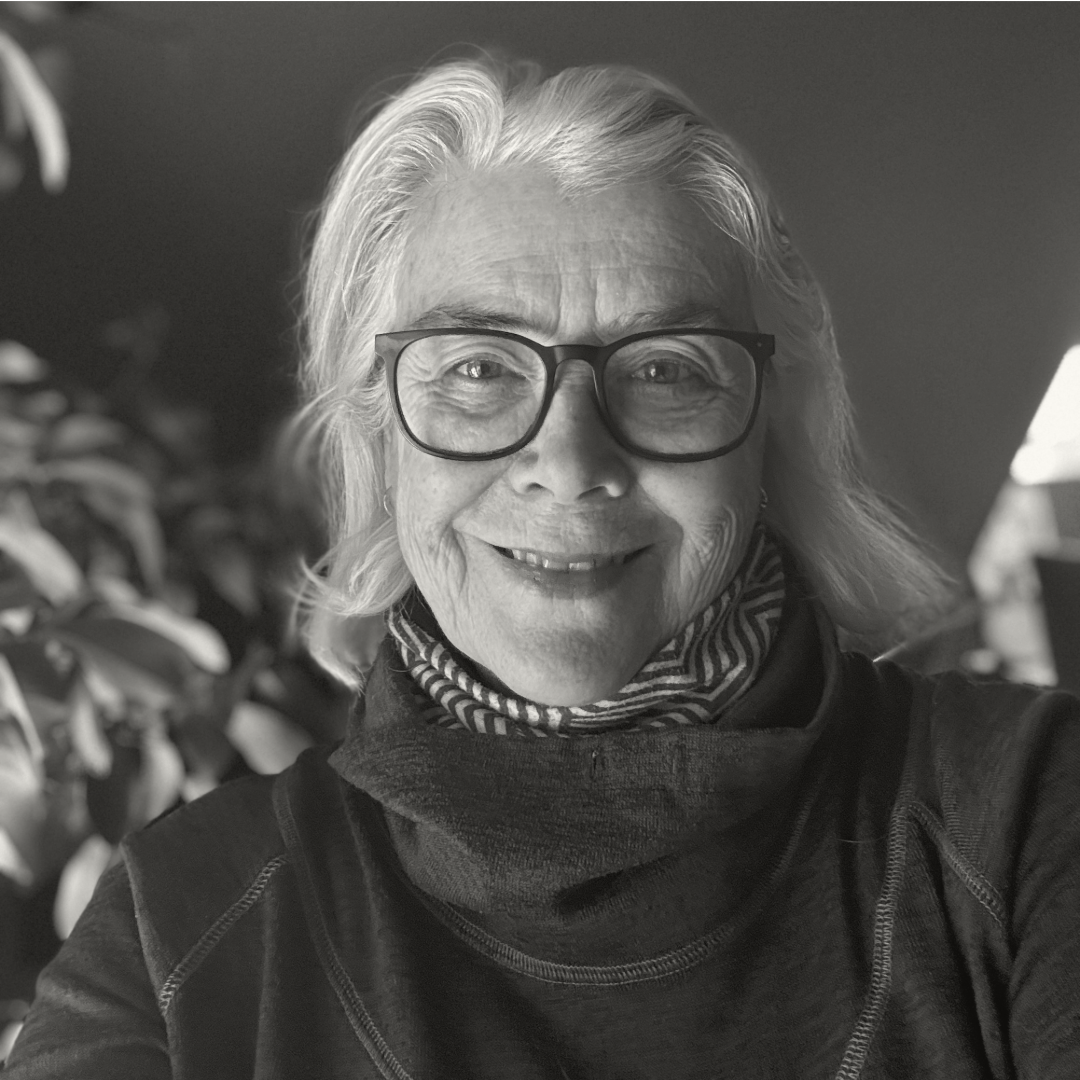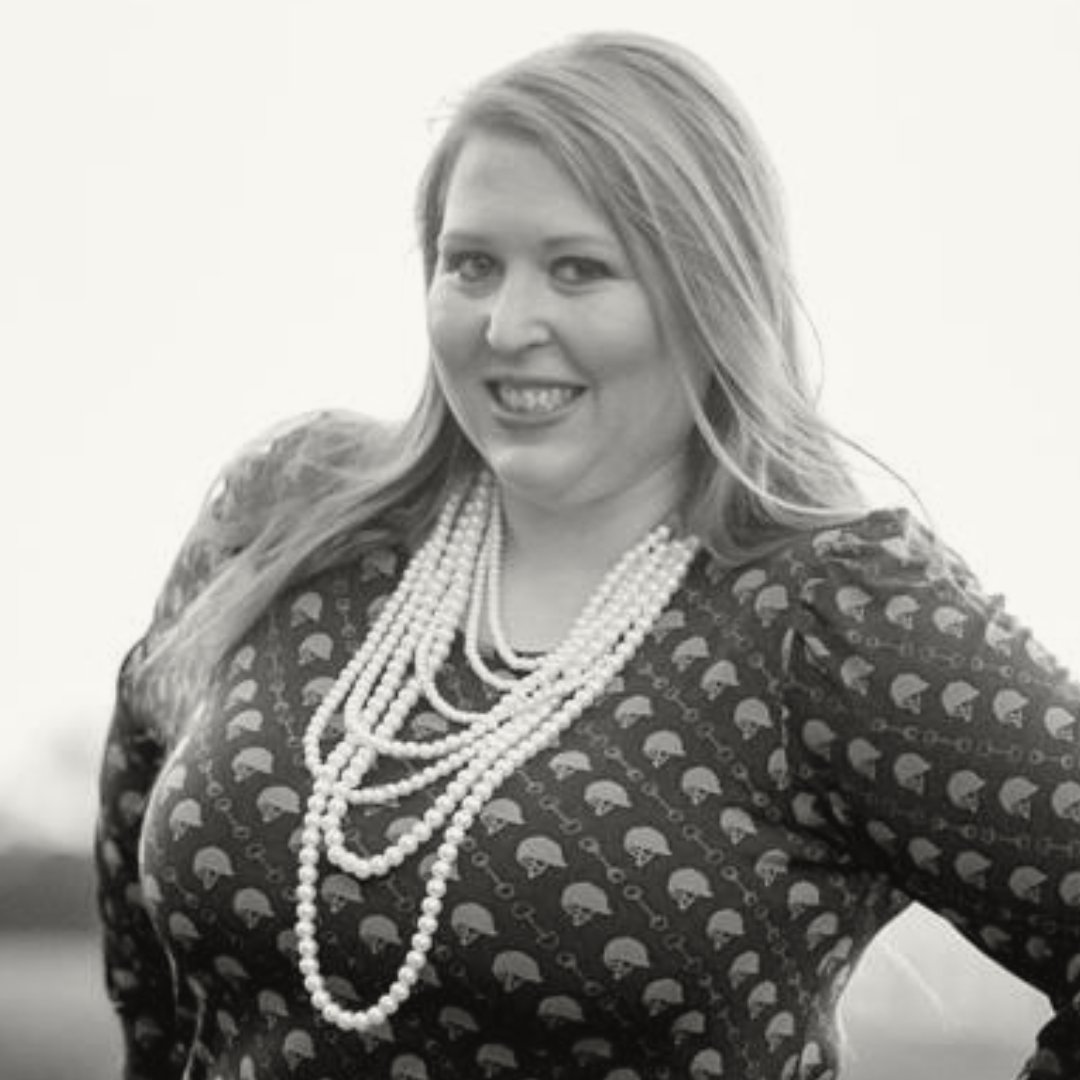
Integrative Thanatology:
Death Education Counselor Program
Our program is built for professionals and seekers from around the world.
The Integrative Thanatology Certificate Program is one of the oldest thanatology programs in the United States. This nine-month online training explores the spiritual, psychological, social, physical, and cultural dimensions of death, dying, loss, and grief. Students learn from leading faculty, engage in rich discussions, and join a global network of peers—all while building both personal insight and professional skill.
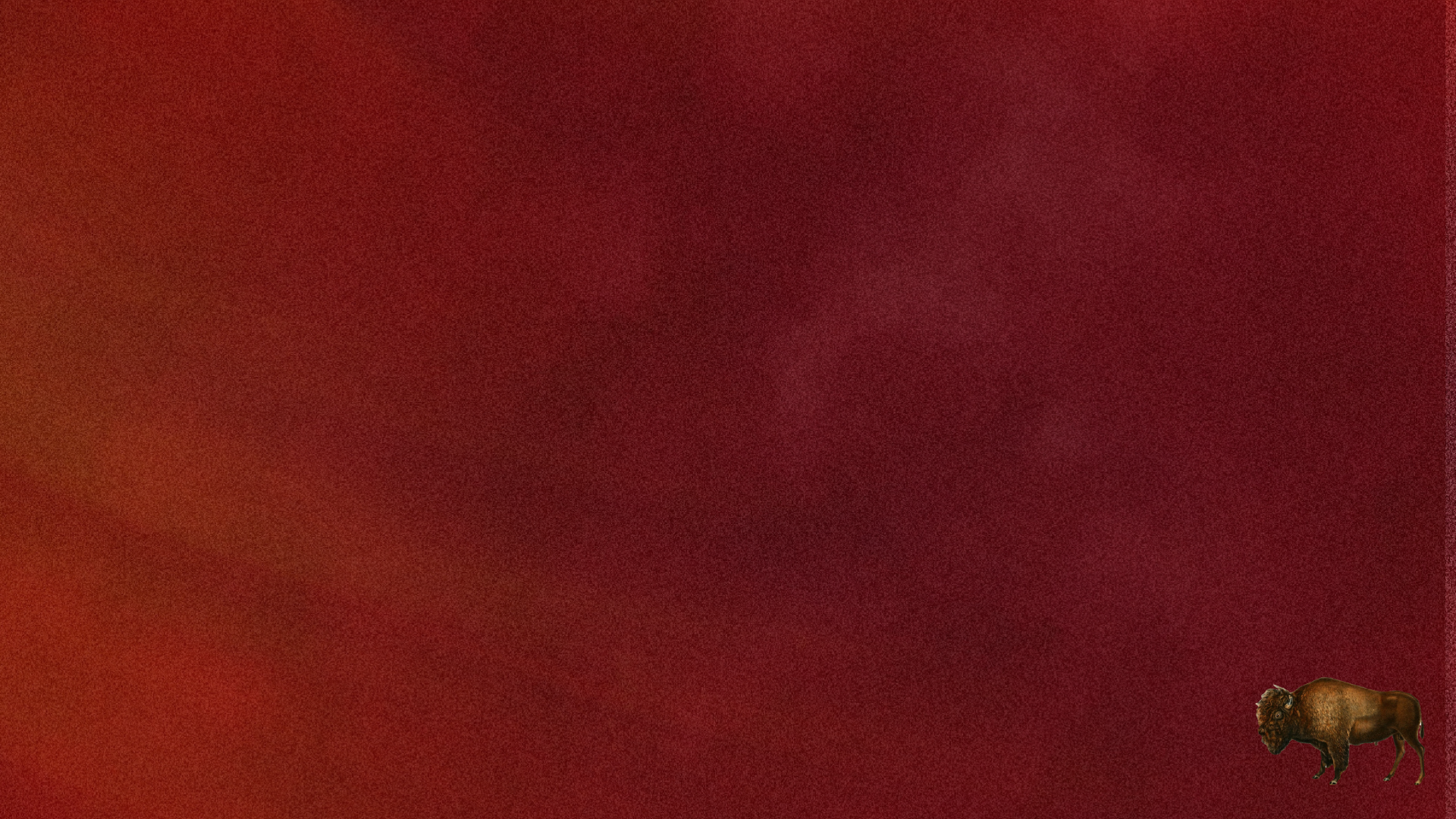
For Professionals and Seekers
Why This Program?
The Integrative Thanatology Certificate Program is one of the oldest thanatology programs in the United States. With a nearly two-decade history of shaping the field, it has prepared generations of professionals to meet death, dying, loss, and grief with wisdom and compassion.
By joining this program, you’re stepping into a lineage of learning, community, and leadership that is actively redefining how our culture understands and approaches death and loss.
-
Graduates leave the program with:
A deeper understanding of death, dying, grief, and loss across multiple dimensions.
Practical tools for supporting the dying, caring for the bereaved, and creating meaningful rituals.
Confidence to apply what you’ve learned in personal life, caregiving, healthcare, spiritual practice, or professional roles such as counselor, clergy, educator, or death companion/death doula.
A supportive community of peers and mentors who share your commitment to transforming how we live with death and grief.
The distinction of training within a program with a long and respected history in the field.
-
Yes, the program is completely online featuring live instruction. Recordings are available for 90 days after the event. For those pursuing the certificate, you need to communicate in advance regarding any sessions you can not make to the program facilitator so arrangements can be made.
-
The program runs for nine months and starts twice a year:
January to November (with a break in July and August), or
September to June (with a break in December).
Students can not jump between cohorts. Students may start the program in either January or September.
-
This is a professional certificate program—not a degree-granting program (like at a college or university)—and it is recognized by major professional bodies for continuing education credit. The program provides approximately 90 contact hours of structured instruction, which can be applied toward professional certifications:
As the program begins its new home at the School of American Thanatology, we’ll be re-establishing accreditation.
[In progress] ADEC (Association for Death Education and Counseling): 1 contact hour = 1 CEU, applicable to Certification in Thanatology (CT) or Fellow in Thanatology (FT). *The Association of Death Education and Counseling® (ADEC) has deemed previous years of this program as counting towards the contact hour requirements for the ADEC CT/FT and we are engaged in the process of re-establishing.
[In progress] APFSP (Academy of Professional Funeral Service Practice): 10 contact hours = 1 CEU. The program may provide 9 CEUs toward the Certified Funeral Service Practitioner (CFSP) designation.
We will establish with other professional bodies specific to mental health professionals, nurses, and social workers. Stay tuned.
Each credentialing body has its own approval process, so you’ll want to confirm with your board or certifying organization how the hours apply to your needs.
Students are welcome to reach out in advance of enrollment and we’ll provide any needed documentation to your professional body for anyone seeking to do this on an individual basis.
-
Professionals: healthcare professionals, funeral directors, social workers, hospice professionals, clergy, educators, nurses, physicians, chaplains.
Seekers: anyone with a sincere interest in this subject matter
All students must be at least 21 years of age. We recommend delaying enrollment for those less than a year out from a major loss.
-
Students interested in receiving a certificate and the ability to use the “Integrative Thanatology: Death Education Counselor” label will only be able to do so after passing an assessment test, completing a capstone project, presenting the capstone project, and attending all educational sessions.
Students not seeking the certificate are not required to complete the items listed above. However, please note that for students that might change their mind in the future, they will have to completely retake the program.

Live Programming Schedule
The program includes 7 immersive weekends and 9 integration evenings over 9 months from January through September 2026. Over the 7 weekends, you will learn from a diverse set of instructors across wide-ranging topics in thanatology, while the 9 integration evenings provide space for processing, community, and additional instruction.
All live sessions are held on Zoom and are recorded for later access.
JANUARY
Thursday, January 15
Saturday, January 24
Sunday, January 25
FEBRUARY
Thursday, February 12
Saturday, February 21
Sunday, February 22
MARCH
Thursday, March 12
Saturday, March 21
Sunday, March 22
APRIL
Thursday, April 9
Saturday, April 18
Sunday, April 19
MAY
Thursday, May 7
Saturday, May 16
Sunday, May 17
JUNE
Thursday, June 18
Saturday, June 27
Sunday, June 28
JULY/AUGUST
Thursday, July 16
Thursday, August 20
No Immersions
SEPTEMBER
Thursday, September 17
Saturday, September 26
Sunday, September 27
Thursday sessions will run from 4-6pm PT/7-9pm ET
Saturday sessions will run from 10am-4pm PT/1-7pm ET
Sunday sessions will run from 10am-2pm PT/1-5pm ET
Teaching Faculty
Catharine DeLong
Amy Cunningham
Dr. Anthony Bossis
Meghan Henshaw
Cole Imperi
Kristin Burgoyne
Ralph White
Nancy Leeds
Dr. Melissa Lunardini
Jean Denney
Dr. Panagiotis Pentaris
Dr. Leslie Blackhall
Jill Schock
Dr. Pim van Lommel
Marie Frohlich
Dr. Korie Leigh
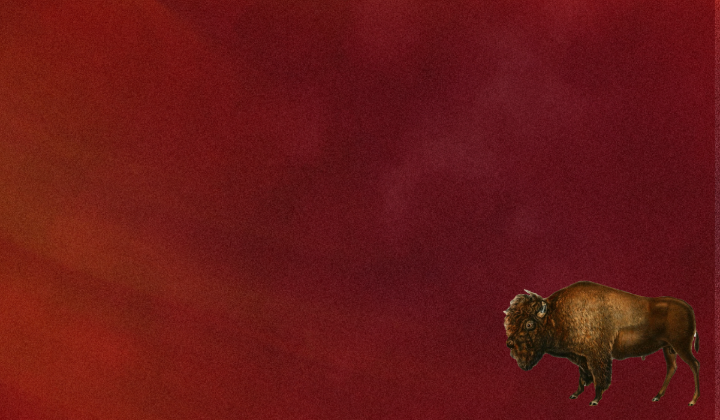
Why the buffalo?
The buffalo is more than a symbol—it’s a representation of how we approach this work. Rooted in the American landscape and imagination, the buffalo embodies survival, resilience, and belonging. Unlike other animals, buffalo walk straight into oncoming storms rather than circling around them. This is a powerful mirror of the choice our students make: to move through the study of death, dying, grief, and loss instead of avoiding it. The buffalo is also a sacred figure across many traditions, a source of wisdom and sustenance, reminding us that this work belongs to a lineage of endurance, community, and reverence.







